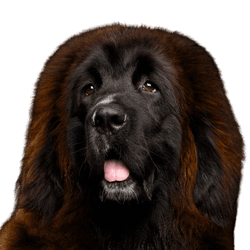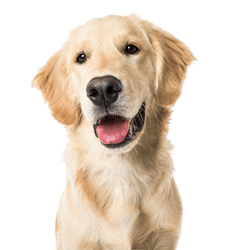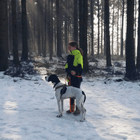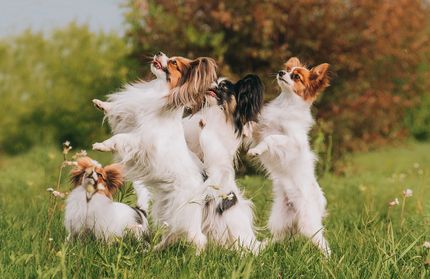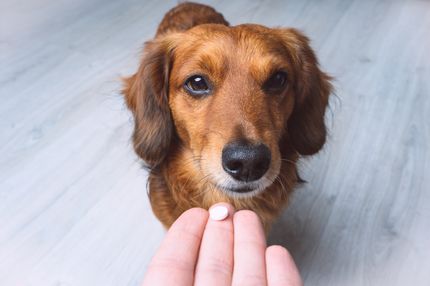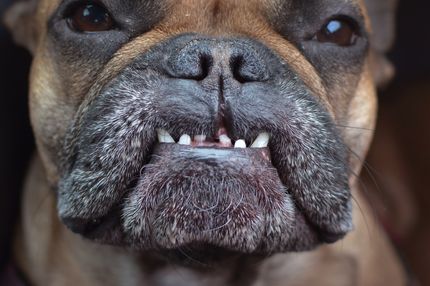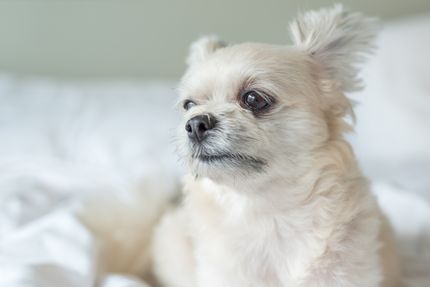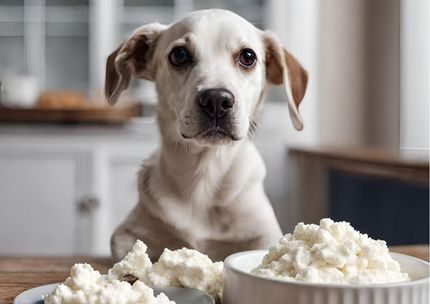Facts & Origin
Origin and History
The Do Khyi and Golden Retriever mix, also known as the Tibetan Golden Mastiff, is an impressive cross between the Tibetan Mastiff (also called the Tibetan Dog or Do Khyi) and the Golden Retriever.
The Do Khyi, better known as the Tibetan Dog, is one of the oldest and inherently pure breeds of dogs that originated in the Himalayan regions of Tibet, Nepal, India and China. The Golden Retriever originated in Great Britain and was bred in the late 19th century. The crossing of these two unique breeds results in an amazingly attractive and lovable dog breed.
Suitability and attitude
Despite their large and impressive appearance, they have a gentle and loving heart. The Tibetan Golden Mastiff is known for being an excellent companion and protector for lovers of large dog breeds. A well-trained and socialized Tibetan Golden Mastiff is an asset to any family.
| Alternate Name | - |
| Origin | Tibet - UK |
| Life expectancy | 10 - 15 years |
| Care requirements | high-maintenance |
| Activity level | average |
| FCI group | not recognised |
| AKC group | not recognised |
| KC group | not recognised |
More Do Khyi mixes
More Golden Retriever mixes
Attitude, character and temperament of the breed
Possible character traits
This mongrel is known for its reliability, loyalty and protective instincts. These dogs are considered to be extremely intelligent, which makes them very trainable. The distinct friendliness of the Golden Retriever is equally noticeable in this mix. This makes them great family dogs. However, it should be noted that because of the Tibetan Mastiff's protective instincts, they must be well socialized to prevent excessive alertness.
He is known for his loyal nature, calming influence, and ability to fit in well with any family. The addition of his loyal and loving traits make him an ideal companion for families with children and other pets. The combination of these two breeds results in a dog with a very even temperament. Friendly and outgoing, this mixed breed enjoys the company of his people and is always eager to please them.
Education and training
Although generally intelligent and willing, its size requires early training and regular and consistent education. It is protective and alert at the same time, which makes it an excellent watchdog without being unnecessarily aggressive. It should be noted, however, that his size and protective instincts require proper socialization and training.
Character
Grooming and health
Tibetan Golden Mastiffs are low maintenance, meaning they require regular brushing to keep their coats clean and healthy. Their activity level is also moderate, making them ideal companions for families with limited time for an intense exercise routine. Grooming should include:
- Regular brushing
- Regular checks for skin or ear infections
- Daily exercise and mental stimulation
Although robust in health, Tibetan Golden Mastiffs can be prone to some of the genetic issues that affect both Golden Retrievers and Tibetan Mastiffs, including hip dysplasia, eye disease, heart disease and allergies. However, it is important to note that not all dogs of this breed will develop these conditions.
Breeding the Tibetan Golden Mastiff
Breeding requires a thorough knowledge of the genetic diseases that are common in both the Golden Retriever and Tibetan Mastiff breeds. Selection of parents should be based primarily on health and temperament to produce the best possible puppies. It should be recommended that only dogs with proven health suitability be used and that potential owners be provided with comprehensive health testing, care information, and support for the life of the dog.
Introducing the Tibetan Golden Mastiff
This unique mongrel possesses the strength and majesty of the Tibetan Mastiff along with the enthusiasm and playful nature of the Golden Retriever. While the exact dimensions of individual animals may vary, these dogs are generally described as large.
The Tibetan Golden Mastiff is known for its impressive appearance. It has a dense coat that can come in a variety of colors including gold, black, brown, and various shades of red. Their coat is typically long and fluffy, which gives them a majestic appearance.
| Fur length | long - medium |
| Fur | flat coated - wavy |
| Ear shape | Floppy Ear - Triangle |
| Tail | rolled up - fanned out |
| Anatomy | hefty, strong |
| Size ♀ | 51 - 71 cm |
| Weight ♀ | 25 - 54 kg |
| Size ♂ | 56 - 76 cm |
| Weight ♂ | 30 - 73 kg |
| Suitable For | - |
Known Diseases
Hip dysplasia (HD)
Hip dysplasia (HD) is a genetic condition in dogs where the hip joint is not shaped properly. This leads to pain, stiffness and restricted movement.
Elbow dysplasia (ED)
Elbow joint dysplasia is a chronic disease complex of the elbow joint of fast growing dog breeds.
Epilepsy
Definition: Dog has epilepsy if, for example, at least two epileptic seizures occur more than 24 hours apart.
Cataract
Cataracts are still one of the most common causes of blindness, even in dogs.
Progressive Retinal Atrophy (PRA)
Progressive retinal atrophy (PRA) is a slowly progressive death of the retina in dogs.
FAQ
-
This hybrid breed is known for its intelligence, good nature, longevity, kindness and friendliness towards other people, animals and dogs.
-
This mix has a longer, soft coat of various colors, mostly golden or brown. The build is (medium to) large.
-
A Do Khyi and Golden Retriever mix can live to be about 10 to 12 years old.
-
Since this hybrid breed has a long, soft coat, they should be brushed regularly. It is also important to make regular visits to the vet for a comprehensive health check.
-
Yes, this mongrel is known for its attachment and loyalty.
